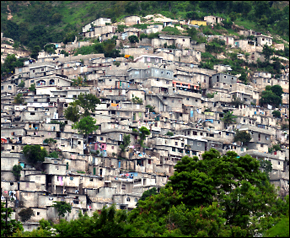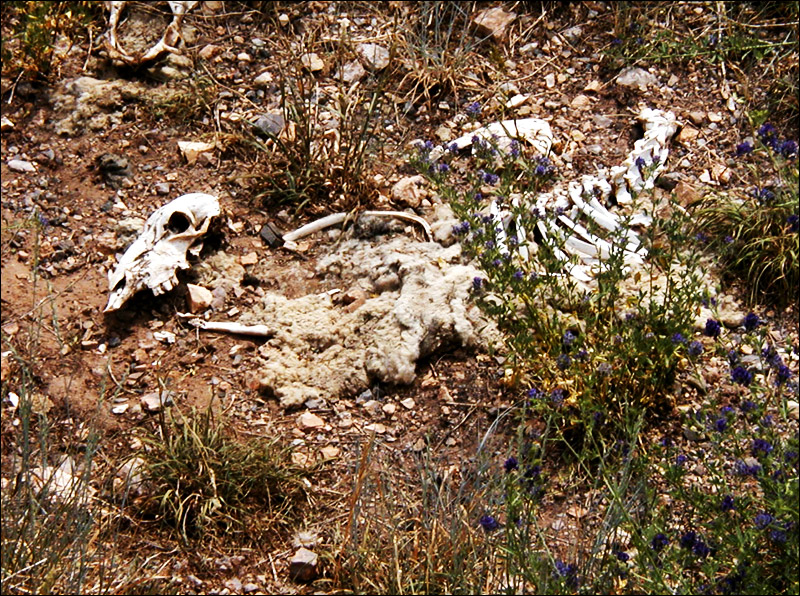Relief Organizations In Haiti Prioritize Water Distribution
Aid groups send purification and desalination systems to prevent dehydration, disease in the devastated country.

Relief organizations are rushing to provide clean water to the more than two million inhabitants of Port-au-Prince, Haiti, the Washington Post reports.
Without enough water, survivors face potentially fatal dehydration and dangerous outbreaks of water-borne diseases. Fresh water is the top priority in relief efforts led by the Pan American Health Organization, an arm of the World Health Organization.
The fierce earthquake, estimated at a magnitude 7, struck Haiti early last week. Estimates reveal that 200,000 people have died from collapsed buildings, disease and malnourishment, the Associated Press reported Tuesday.
While food and other relief supplies continue to flow into the country, Thomas Kirsch, co-director of the Center for Refugee and Disaster Response at the Johns Hopkins Bloomberg School of Public Health in Baltimore, told the Post that people depend more on clean water than food for survival.
“The human body lives a lot longer without food than without water,” Kirsch said. “Without food, we have fat stores we can cannibalize. But there is no water store.”
Kellogg Schwab, director of the Hopkins Center of Water and Health, told the Post that water is more important for survival than food because it’s a basic necessity for drinking, cooking and sanitation. If these activities are compromised hygiene deteriorates, potentially triggering outbreaks of dysentery, cholera, typhoid fever and other illnesses. People need about four gallons of water a day to meet basic needs, but in more unstable environments, such as with the crisis in Haiti, more water is required to survive.
Even before the quake struck, Haiti’s purification and sanitation systems were old and poorly maintained. The already fragile system was probably devastated as pipes broke, pumps lost power, and bathrooms were destroyed, contaminating existing water supplies.
On the ground, the situation is becoming more desperate, reports indicate.
“We need water,” a Haitian man, Joseph Jean René, told the NYT. “We are dying of thirst and hunger. Even the children are dying.”
A variety of relief organizations and corporations are mobilizing to give water purification systems to Haiti and help repair the broken water distribution infrastructure. Some are sending containers full of fresh water. Others are supplying purifying chemicals, tablets and larger scale equipment. Some of the purification and filtration devices can supply 5,000 to 10,000 people a day.
For now, given the logistical difficulties, agencies are prioritizing fresh water purification over desalinization of sea water, which is usually simpler and cheaper.
Longer-term plans are trying to restore Haiti’s water purification and treatment systems destroyed by the quake.
“We need to act very, very fast to make the treatment plant work again so we can distribute water for people in large amounts,” Luiz Galvao, PAHO’s manager of sustainable development and environmental health.
Sources: The Washington Post, The Associated Press, The New York Times
Read Circle of Blue’s column from Peter Gleick about the critical need for water in Haiti.
is a Washington, D.C–based correspondent for Circle of Blue. He graduated from DePauw University as a Media Fellow with a B.A. in Conflict Studies. He co-writes The Stream, a daily summary of global water news.







Leave a Reply
Want to join the discussion?Feel free to contribute!